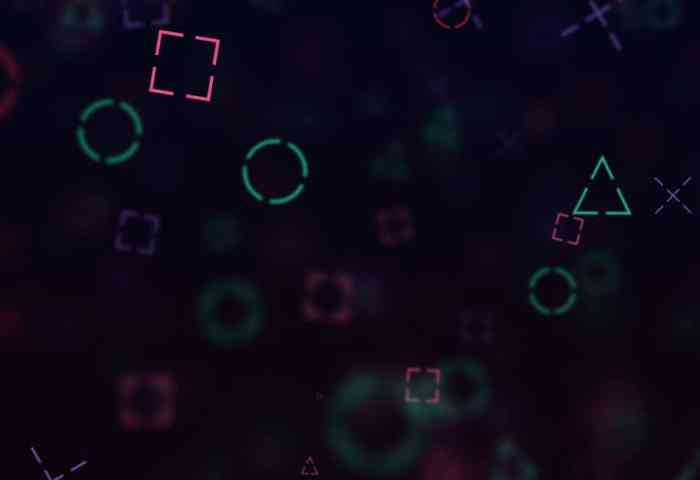Get started with Mizzou
ApplyOverview
Are you ready to take the next step in your educational journey? Use your passion for games to meet today’s demand for innovative educational tools such as games and simulations. With Mizzou’s online bachelor of educational studies (BES) degree with an emphasis in educational games and simulation design, you can gain skills necessary to influence change using innovative technology-based learning. The educational games and simulation design emphasis is a great fit for those interested in a career in gaming, virtual reality, technology or other similar areas.
In the BES games and simulations design emphasis area, you will get hands-on experience in educational games and simulations design—including opportunities to work in a real-world setting to design these learning environments. Many courses are taught by experts in the School of Information Science and Learning Technologies. You will have the flexibility to personalize the program to your interests in game or simulation design and development, app design and development, multimedia design and development, digital media production and computer applications.
No matter where you are in your career, a BES from Mizzou will help you stand out. Prepare to enter the workforce, change your career or advance your current position. A general BES and an educational leadership emphasis are also available.
Quick facts
Official name
Bachelor of Educational Studies with an emphasis in Educational Games and Simulation DesignCampus
Program type
Bachelor's degreeAcademic home
College of Education & Human Development | Department of Educational Leadership and Policy AnalysisDelivery mode
100% onlineAccreditation
Higher Learning CommissionFreshman credit hours
120Freshman estimated cost
$71,712.00Transfer credit hours
59Transfer estimated cost
$35,258.40*This cost is for illustrative purposes only. Your hours and costs will differ, depending on your transfer hours, your course choices and your academic progress. See more about tuition and financial aid.

Career prospects
Career outcomes include:
- Game or simulation design and development
- App design and development
- Multimedia design and development
- Digital media production
- Computer applications
Program structure
This program is 100% online: no campus visits are required. You may meet your course work requirement with both semester-based and self-paced courses.
This degree does not lead to state certification to teach in the public school system.
Coursework includes
- Human learning
- Project management
- Leadership
- Web design and development
- Computer modeling and animation
- Game engine skills
- Designing games for learning
- Mobile web app development
- Digital media
Delivery
100% onlineCalendar system
Semester-based and self-pacedAccreditation
The University of Missouri is accredited by the Higher Learning Commission, one of six regional institutional accreditors in the United States. The College of Education and Human Development is accredited by the Teacher Education Accreditation Council.
Faculty spotlight

Danielle Oprean's research focuses on understanding the role of immersion in comprehending virtual space as a means to transfer knowledge to a number of applications include learning spatial concepts, decision-making and design. She has experience in developing learning environments, including her experience working with the iSocial project, on different gaming platforms and works with different virtual and augmented reality technology. She currently works in researching the value of creating and using virtual field trips as a means to supplement both the traditional and the online classroom through situated exploratory learning and decision-making.
